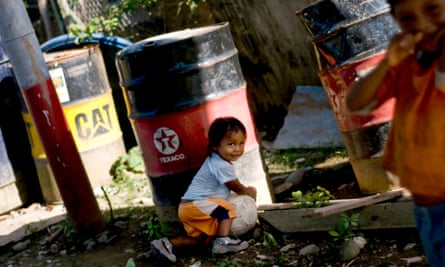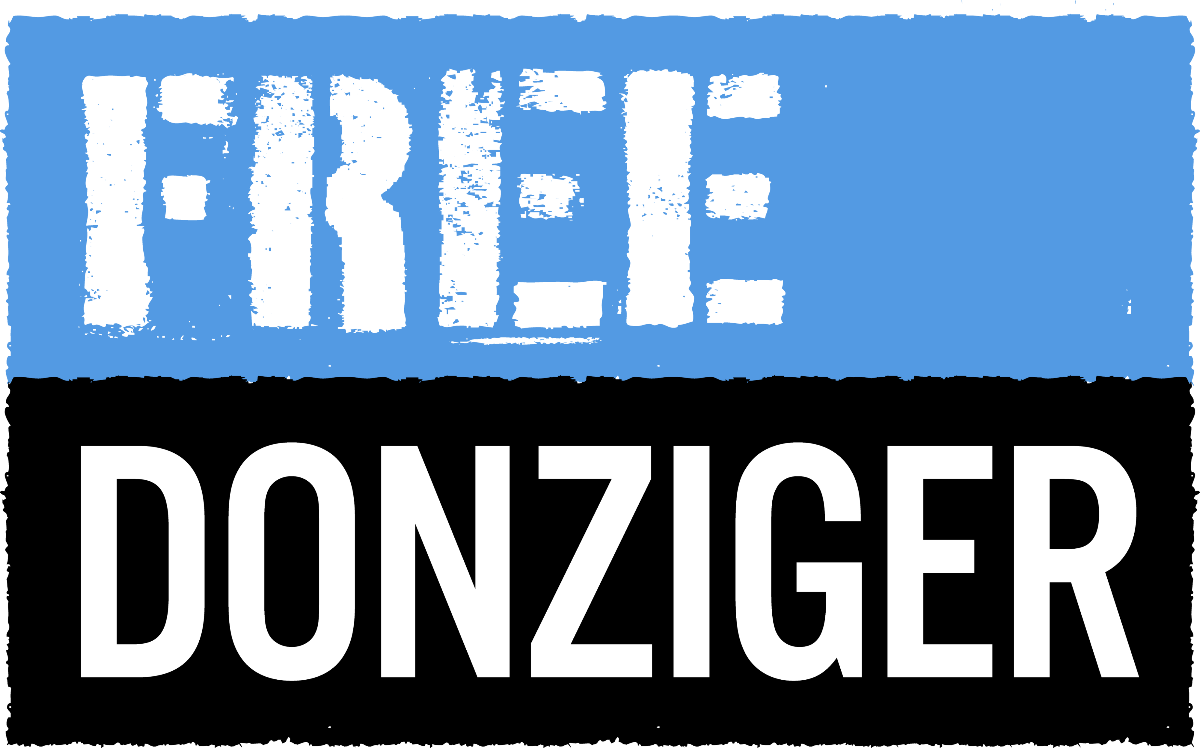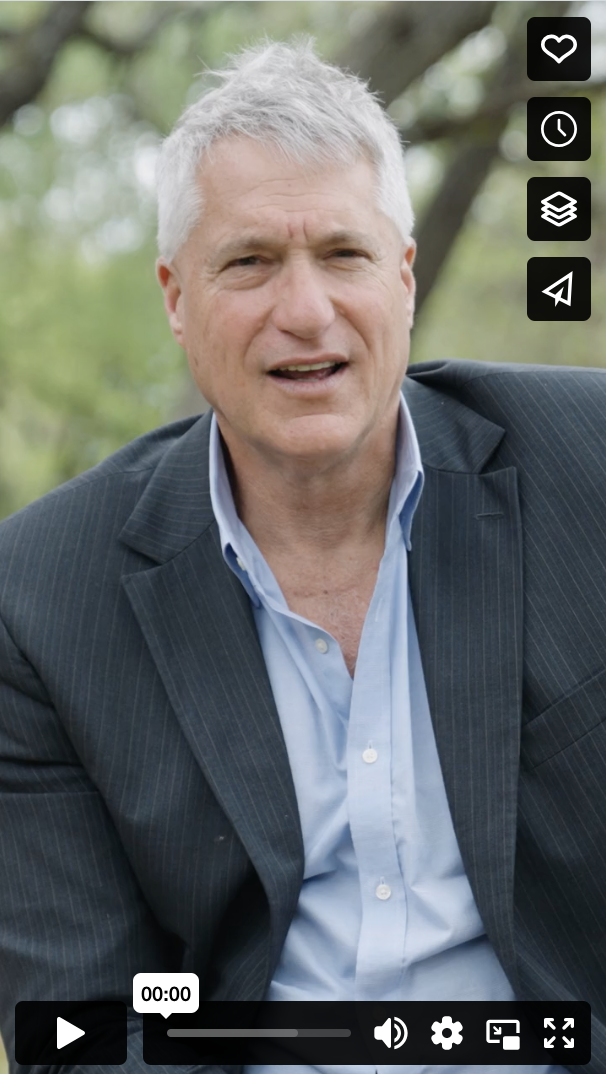ADDITIONAL ARTICLES BELOW!
| |||||||||||||||||||
|
Steven Donziger Joins The Damage Report
 / thedamagereporttyt
Help build the Home of the Progressives http://tyt.com/JOIN
Subscribe to The Damage Report YouTube channel: https://www.youtube.com/thedamagerepo...
Follow The Damage Report on TikTok: https://www.tiktok.com/@thedamagerepo...
Follow The Damage Report on Instagram:
/ thedamagereporttyt
Help build the Home of the Progressives http://tyt.com/JOIN
Subscribe to The Damage Report YouTube channel: https://www.youtube.com/thedamagerepo...
Follow The Damage Report on TikTok: https://www.tiktok.com/@thedamagerepo...
Follow The Damage Report on Instagram:  / thedamagereport
Follow The Damage Report on Twitter:
/ thedamagereport
Follow The Damage Report on Twitter:  / thedamagereport
#TheDamageReport #JohnIadarola #TheYoungTurks
230420__DR08StevenDonziger
/ thedamagereport
#TheDamageReport #JohnIadarola #TheYoungTurks
230420__DR08StevenDonzigerSteven Donziger, Lawyer Who Sued Chevron over Amazon Oil Spills, Marks 2 Years Under House Arrest
Protests across the United States are calling for the immediate release of environmental and human rights lawyer Steven Donziger, who has been held under house arrest in New York for two years after being targeted by the oil giant Chevron. Donziger sued the oil giant in Ecuador on behalf of 30,000 Amazonian Indigenous people for dumping 16 billion gallons of oil into their ancestral lands. Ecuador’s Supreme Court ordered Chevron to pay $18 billion a decade ago, a major victory for the environment and corporate accountability. But Chevron refused to pay or clean up the land, and instead launched a legal attack targeting Donziger in the United States. A federal judge in July found Donziger guilty of six counts of criminal contempt of court after he refused to turn over his computer and cellphone. In an unusual legal twist, the judge appointed a private law firm with ties to Chevron to prosecute Donziger, after federal prosecutors declined to bring charges. “This is a broader threat to our society,” says Donziger. “We cannot allow in any rule-of-law country, or any country, private prosecutions run by corporations.” #DemocracyNow Democracy Now! is an independent global news hour that airs on nearly 1,400 TV and radio stations Monday through Friday. Watch our livestream 8-9AM ET: https://democracynow.org Please consider supporting independent media by making a donation to Democracy Now! today: https://democracynow.org/donate FOLLOW DEMOCRACY NOW! ONLINE: YouTube:
 / democracynow
Twitter:
/ democracynow
Twitter:  / democracynow
Instagram:
/ democracynow
Instagram:  / democracynow
SoundCloud:
/ democracynow
SoundCloud:  / democracynow
iTunes: https://itunes.apple.com/podcast/demo...
Daily Email Digest: https://democracynow.org/subscribe
/ democracynow
iTunes: https://itunes.apple.com/podcast/demo...
Daily Email Digest: https://democracynow.org/subscribeChevron loses latest stage of Amazon pollution battle

Chevron hits out at British documentary on oil pollution in Ecuador
Company upset over short film that uses Pablo Neruda’s famous poem on how US corporations treated Latin American countries as empty ‘banana republics’
The US oil giant Chevron has attacked the British makers of a short art-house documentary film about oil pollution in the Ecuadorean Amazon featuring the actor Julie Christie reading a Pablo Neruda poem for ignoring the environmental record of the country’s own state oil producer.
The 13-minute film, follows the unresolved, 22-year-long series of legal fights in the US, European and Latin American courts over the dumping by US oil company Texaco of 18bn gallons of toxic wastewater and crude oil in the forest near the town of Lago Agrio between 1964 and 1992.
It has no commentary except for Neruda’s 42-line poem recited by Christie and the words of some “afectados” – people affected by the historic spills.
But Chevron said the film ignored more recent environmental problems. “If those involved in the production of this film truly wanted to help those affected by current social and environmental conditions in Ecuador, they would seek to hold Ecuador’s President Rafael Correa and his government accountable,” it said in a statement.
The film uses the Neruda poem to give a historical context to the relationship between foreign corporations and indigenous and other local peoples.
The poem by the Chilean Nobel literature prizewinner, called the United Fruit Company, was published in 1950. It suggests that US corporations treated the Latin American countries as empty “banana republics”. It starts:
“When the trumpet sounded everything was prepared on Earth, and Jehovah gave the world to Coca-Cola Inc., Anaconda, Ford Motors, and other corporations.
“The United Fruit Company reserved for itself the most juicy piece, the central coast of my world, the delicate waist of America ...”
The company was taken over many times and no longer exists, but the legacy of neo-colonialism still rankles deeply in Ecuador. “I find it both striking and distressing that in 2015, a poem written by Pablo Neruda in 1950 can still be a fitting statement on the relationship between a transnational company and poor, indigenous Latin Americans,” said Christie.
“Despite much legal chicanery across many years and in many territories, the real people at the heart of this story and the precious Amazon environment that was so badly impacted by what was an astounding level of pollution are both still neglected.”
Director Mark Donne said: “The film shows us the psychology of a multinational company and its attitude towards small sovereign states, innocent indigenous people and precious, diverse forest.”
Chevron, which inherited fellow US oil company Texaco’s liabilities when it acquired it in 2000, has argued that the original pollution was cleaned up and that Texaco only followed accepted practices at the time .
The company is contesting a $9.5bn (£6bn) pollution judgment made in Ecuador in 2011. It claims the Ecuadorean court judgment was flawed and has accused the lawyer working for the “afectados”, of corruption, fabricated evidence, coercion and bribery, accusations that are strongly denied.
There have followed a series of court cases and rulings in several countries. In 2014, a US federal court stated that the lawyer for the afectados had used “corrupt means” to obtain the 2011 court verdict. But the an international tribunal in The Hague, the Netherlands, partly upheld the Ecuadorean court case in an interim decision in March 2015.

In a statement, Chevron said that the Ecuadorean oil company was also a major polluter.
“Texaco conducted a 3-year, $40m remediation programme in the 1990s that was overseen and approved by the government. Ecuador’s state oil company, Petroecuador, has been operating exclusively in the region for the last 25 years. In that time, they have more than doubled the number of wells and have had an abysmal environmental record.
“Between 1995 and 2011 alone, Petroecuador has reported nearly 2,000 spills in the Amazon, yet none of this is mentioned in the film.
“The [British] film omits the fact that a United States federal court found that the Ecuadorean judgment against Chevron was the product of “egregious fraud”. It is unfortunate that the indigenous people of Ecuador continue to be used by their government, plaintiffs’ lawyers and activist groups in a coordinated effort to extort billions of dollars from Chevron.
The Neruda poem concludes:
“Meanwhile Indians are falling into the sugared chasms of the harbours, wrapped for burials in the midst of the dawn ... a body rolls, a thing that has no name, a fallen cypher, a cluster of the dead fruit thrown on the dump”.
This article was amended on 29 June 2015. An earlier version said that in March 2015 the international court of justice in The Hague had upheld the Ecuadorean court judgment. In an interim decision, an arbitration tribunal rejected a key part of Chevron’s claim, that the case should not have been heard in Ecuador, but deferred a decision on whether in issuing a judgment Ecuador had breached its contractual agreements with Texaco.
CHEVRON'S ENVIRONMENTAL DESTRUCTION
Short artist-documentary narrated by Hollywood icon Julie Christie exploring the devastating oil pollution committed by Chevron-Texaco in the Ecuadorian Amazon, and the 22 year quest for justice of the indigenous people impacted by it. Directed by Mark Donne Cinematographer/Editor: Joe Morris Narrated by: Julie Christie Sound score by: Drew McConnell and James Carey Colourist: Joseph Bicknell Produced by: Brass Moustache Films



